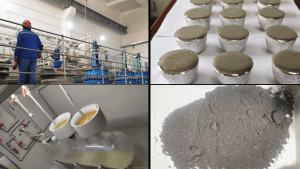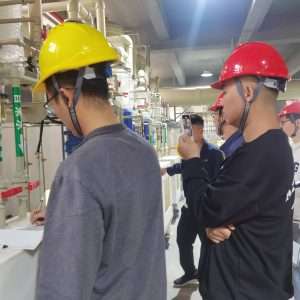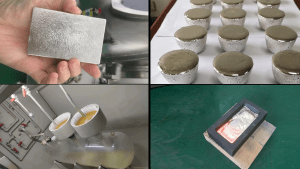Call us now:
Rhodium Recovery and Refining Process
Rhodium ranks among the rarest and most valuable precious metals. Automotive
catalytic converters, electronics, and jewelry industries incorporate it widely. Recovering
and refining rhodium from material requires several effective methods.
Material Analysis
Begin by analyzing the material's composition and determining its rhodium concentration.
Use chemical analysis or specialized tools such as X-ray fluorescence (XRF) analyzers for
accurate measurements.
Processing Techniques
Process the material using one or more of these techniques:
Acid Digestion: Dissolve the material in a strong acid like aqua regia, which breaks down
most metals including rhodium. Then extract the rhodium from the solution.
Precipitation: Add a chemical reagent that triggers the formation of a solid rhodium precipitate.
Separate and refine the precipitate further.
Electrolysis: Pass an electric current through the rhodium-containing solution to deposit the
metal on an electrode, then refine the deposited rhodium.
Smelting: Heat the material at high temperature to melt and separate the various metals,
collecting rhodium as a distinct element during the process.
Final Refinement
After recovery, refine the rhodium to eliminate impurities and achieve high purity. Techniques such
as zone refining, distillation, or vacuum melting prove effective.
Industries utilize rhodium compounds to optimize reaction pathways, boost product yields, and
minimize environmental impact, thereby fostering innovation in chemical manufacturing, catalysis,
and materials science.
Rhodium Recovery and Refining Process


